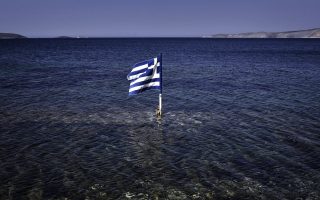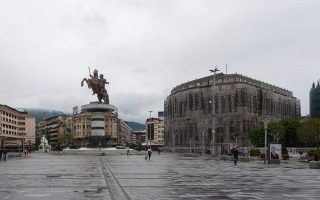On domestic and foreign affairs

A constant element which characterizes all political parties in Greece is that their stay in power depends on the favor or understanding that they elicit from a powerful “foreign factor.”
It is no surprise that the three parties created after Greece gained its independence from the Ottoman Empire were known as the “English,” the “French” and the “Russian.”
It is also not surprising that the attachment to the “foreign factor” at the beginning of the Greek state’s existence continues to this day. It would not be possible for Greece to exist in this most volatile region, at the crossroads between East and West, without the balance dictated by the great powers.
Therefore the choice of Greek political leaders to follow this tradition is correct, and those who have deviated from it suffered the consequences of their recklessness sooner or later. Quite rightly then, Prime Minister Alexis Tsipras went along with the country’s creditors, Berlin and the Eurogroup, after the first six months of his “revolutionary frenzy.”
In that way Tsipras tied up a loose end, not considering the expectations of his voters and a large percentage of citizens in general, ending up with strict international supervision and long-term commitments for Greece – and yet he boasted that he was the only politician who acted without considering the “political cost.”
Meanwhile, relations between Tsipras (and, more broadly speaking, the SYRIZA-Independent Greeks coalition government) and the United States and President Donald Trump – the nemesis of Washington’s European allies – have been surprisingly harmonious.
Greece’s leftist prime minister could always repeat the historic quote of the early years of the post-dictatorship era, “Outside Greece we’re doing OK.”
Of course a state needs to do more than just maintain good international ties. There are also domestic affairs, and the recent disaster that hit eastern Attica, where at least 90 people lost their lives in the devastating wildfires, confirmed that Greece does not possess a solid state apparatus.
Some critics might say that the folk who have always opposed the establishment of an organized state could not possibly create one. The fact is however that Tsipras’s political predecessors did not have much success either.
The Greek elite has always found ways of cooperating with the great powers of the time, but on the domestic level the country has been a mess, from the years of Ottoman rule until today.





